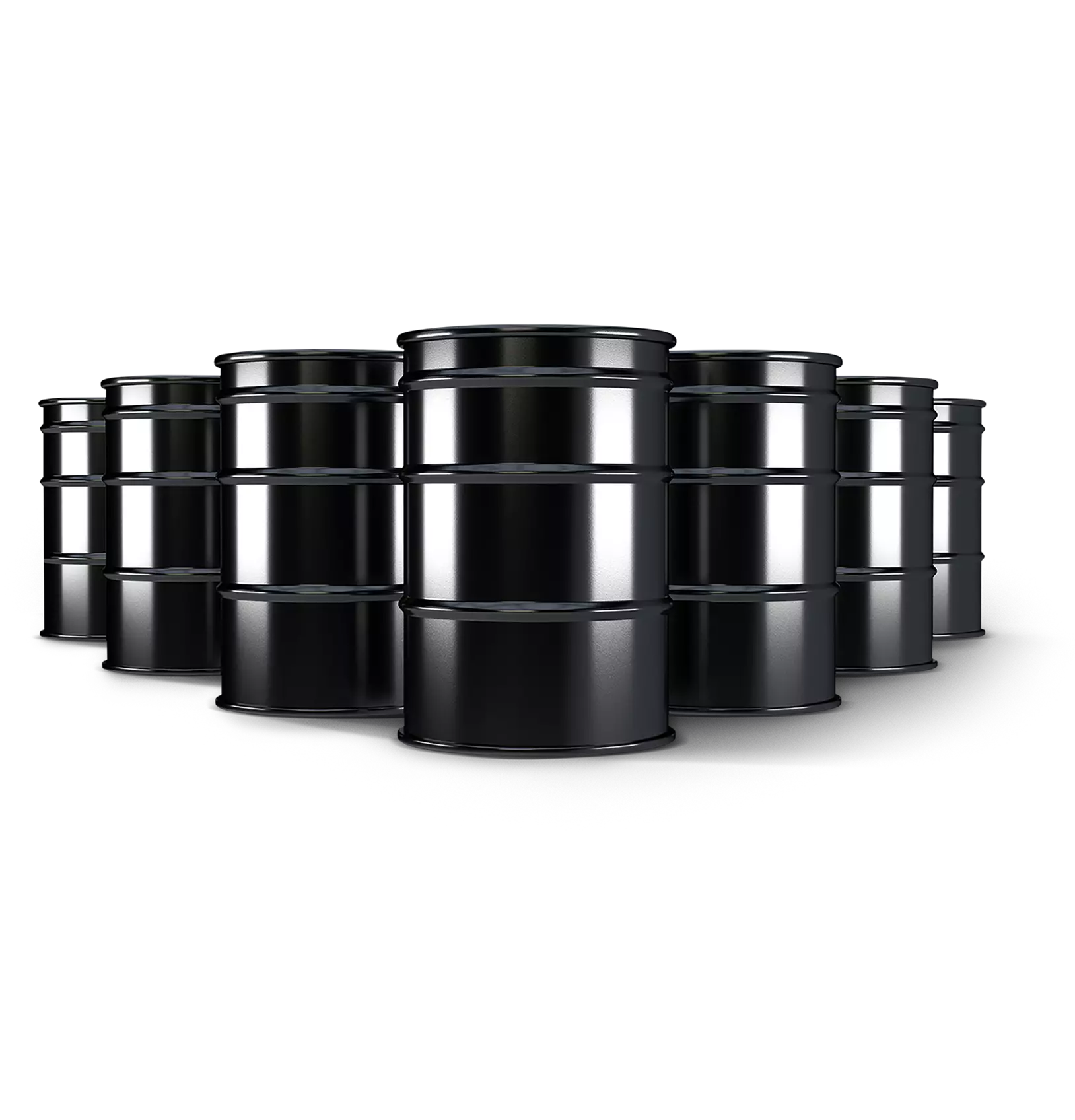ERP for Process Manufacturing: The Benefits and Barriers
ERP for Process Manufacturing: The Benefits and Barriers
ERP for Process Manufacturing: The Benefits and Barriers
27 Ago 2021
 Daniel Erickson | Senior Product Manager
Daniel Erickson | Senior Product Manager
If your manufacturing business is looking into enterprise resource planning (ERP) software, you’re in the right place.
We’ve compiled a list of benefits—as well as some common challenges to consider—so you can decide whether now’s the time to invest and make the buying process easier.
With this information at your fingertips you’ll be able to find the best-fit process manufacturing ERP software solution, by understanding your business needs in greater detail.
What Are the Benefits of an ERP for Process Manufacturing?
First of all, let’s be clear—not all ERP was made equal. A quick Google search presents hundreds of options to consider, from software behemoths to incredibly niche offerings and everything in between. And they will all boast slightly different features and benefits.
Choosing the right ERP system depends on your individual business objectives and requirements, but as a general rule of thumb, selecting a solution that is specifically designed for your industry can unlock extra benefits from day one.
So, let’s dive into the top advantages of choosing an ERP for process manufacturing.
1. Complete Data Visibility
Data is the foundation of strong business performance; this is something we discussed in our recent 4 pillars of future-ready manufacturing whitepaper. If you don’t have organization-wide insights, you can’t make joined-up decisions.
Batch process manufacturing ERP software is critical to bringing 360-degree visibility to your company. It organizes data streams into a single reporting system, improving the accuracy of information provided to your workforce and delivering it securely in real time.
With complete, up-to-date knowledge of what’s happening in your organization, you can make informed decisions that promote productivity and profit. And you can also set and measure KPIs, to identify which parts of your business are performing well, and which parts need greater attention.
2. Closer Colleague Collaboration
Dedicated, motivated employees are critical to business success. Rather than technology replacing them, an ERP for process manufacturing can actually strengthen their capabilities, for the benefit of your business operations and your customers.
ERP software promotes collaboration between teams, as everyone is working from the same system, with access to interdepartmental information. The best ERP solutions will have simple, intuitive user interfaces, so that everyone (from the front office to the factory floor) can access and use real-time data—so it’s much easier for colleagues to align objectives and work closely together.
Data insights are also very empowering when it comes to employee value. Eliminating siloes often fosters a better sense of collaboration. So everyone feels they are working towards common goals, regardless of whether they’re on the production line, managing projects, or working in strategic function such as finance, HR, marketing, sales and maintenance. This boosts employee engagement and enables people to make proactive decisions while building a strong workplace culture.
On a practical level, embracing process manufacturing ERP also changes the shape of your workforce. Cloud-based, mobile-friendly software allows colleagues to access data from any location with an internet connection. This supports remote working opportunities—something that has become a much more prominent feature of every workplace since the pandemic.
Plus, flexible access to data and systems takes away day-to-day stress and frustration for trusted employees. People can accomplish essential tasks quicker. Many repetitive manual processes are automated. Essential compliance documents, work schedules and checklists are accessible online. All these benefits promote employee engagement and help staff to add value.
3. Faster Production
Data insight and automation doesn’t just benefit employees; it is fundamental to improving batch process manufacturing operations.
Investing in an ERP for process manufacturers allows you to eliminate time-consuming processes, manual methods and unnecessary procedures—all of which increases your pace of production.
ERP also enables integration between parts of your business that were previously siloed, improving manufacturing workflow. For example, manufacturing ERP software unites ecommerce, EDI and barcode readers to streamline sales order processing. Helping you to run a more profitable operation.
4. Improved Use of Ingredients
As a process manufacturer, accurate and economical use of raw ingredients is key to maximizing your profit margins. ERP software created specifically for batch process manufacturing has built-in features that help you to manage recipes, control ingredient quality and avoid wastage.
For example, a process manufacturing ERP allows you to track inventory from end-to-end, synchronizing availability with your production schedule to reduce overages and shortages—particularly when it comes to making sure that raw ingredients are in-date.
In addition, you can use your ERP software to scale recipes, accurately calculating ingredient or formula requirements even when dealing with different units of measurement.
Process manufacturing-specific ERP also enables you to keep detailed batch records, which you can access to check recipe changes and document product testing, to ensure your manufacturing output is completely compliant.
Recipe data integrates with other parts of your ERP system including manufacturing, sales, inventory, reporting and financials, to streamline processes and optimize your company resources.
5. Better Customer Experience
Product quality is just part of the equation when running a successful manufacturing business. Building strong, authentic and trustworthy relationships with your customer base is also pivotal.
Process manufacturing ERP software can enhance client services by providing information on every order in real time. This way, even if there’s a setback in production, you can be completely transparent about the cause of the delay and provide accurate delivery expectations to customers.
Managing all your client data through an ERP solution also helps customer services representatives handle queries using full knowledge of each relationship. When they’re contacted with a request, they can pull up a full customer service history including all previous orders.
Not only does this improve the reordering process, it also helps your team recognize when they are dealing with high value customers, making sure they are fully satisfied with the service they receive.
6. Accelerated Business Growth
The benefits we’ve already outlined will help your manufacturing business integrate operations, manage raw ingredients carefully, increase productivity and focus on customer satisfaction. All of which accelerate business growth.
In addition, process manufacturing ERP software helps you to analyze and measure progress through interactive reporting tools, so you can forecast plans and set goals.
Best of all, if your chosen ERP solution is cloud-based, it can easily scale as your business grows—so you can add new users, locations, customers and software features with ease. This way, your software investment keeps adding value, rather than you having to replace or augment existing systems as your business expands.
Common Barriers to Implementing an ERP for Process Manufacturing and How to Tackle Them
Clearly, there are major benefits to investing in an ERP for process manufacturing. However, you do need to consider the impact of any new technology on your business.
Here are a few of the most common challenges when considering an ERP for process manufacturing. And solutions for how you mitigate potential risks for a painless and successful implementation.
1. ERP Software Has a High Initial Investment
There’s no escaping the fact that new technology involves capital expenditure, which is going to impact your business cash flow. However, while ERP comes at an expense, the resource savings and production improvements you’ll achieve lead to significant ROI within the first six months of going live.
It’s also worth noting that manufacturing ERP solutions are available at different price points. Although be wary that the cheapest option won’t always deliver on your needs and may require additional customizations and incur further costs down the line. If you’re cost-conscious, opt for a cloud-based ERP solution as this will avoid hardware investment and enable remote deployment and maintenance, to keep your service costs down.
2. Employees Need to Buy-in and Skill-up
In a busy process manufacturing environment, taking employees away from their day-to-day job to train them on your new ERP software can feel inconvenient. But it’s worth remembering that the skills they are gaining through technology enablement will make them more productive and motivated in the longer-term. Especially if your technology provider guides you through the implementation and training process, sharing industry best practices for using their ERP software.
You can also structure your training environment to minimize the impact on business operations. For example, a ‘train the trainer’ approach will ensure there are experts on-site to solve problems and answer queries. Helping your whole organization to acclimatize quickly.
It’s important that you work closely with your team to structure a training plan that helps them get up to speed quickly. Without full buy-in, you won’t get the company-wide adoption needed to maximize ROI.
Make sure you keep checking in with colleagues to see how they’re doing with your new ERP software, and where they might need further training as your use of the platform evolves.
3. Your Software Could Require Customization
While an off-the-shelf, all-purpose ERP solution often seems like the safest bet and will certainly deliver new capabilities that add business value, there may be limits to the scope of that software. To digitally transform your process manufacturing operation, you may need to customize your technology to ensure it can effectively solve the challenges of your industry.
On the other hand, choosing a specialized process manufacturing ERP is a more cost-effective option than a generic manufacturing ERP system, because it has been built for your unique needs already. You’ll have access to industry-specific features within the standard system that you would need to get custom-built with a generalist platform.
There may still be tweaks needed to make your chosen process manufacturing ERP technology best-fit, but they will be quicker to execute and more affordable compared to tailoring broad-based software. And by choosing sector-specific technology, you will also be working with a provider who fully understands your marketplace and can make any customizations from a place of deep industry knowledge.
Should Your Company Invest in Process Manufacturing ERP Software?
Only you can tell when the time is right to embrace a process manufacturing ERP, but the pros and cons we’ve shared will help you to make an informed judgement. And whenever you decide to invest in ERP, your number one priority should be understanding what your primary needs are, so you can find the best-fit solution on the market.
Think beyond your immediate challenges, to invest in an ERP solution that will benefit you in the future as well as today. Take the time to understand how each solution is developed, implemented and run, so you can see whether it can scale and grow in line with your business.
Most importantly, get to know each solution provider on your shortlist. You’re not just buying ERP software; you’re investing in expertise. And the more your technology partner understands about the process manufacturing environment, the greater quality solutions and services they’re likely to deliver.
Aptean Process Manufacturing ERP is specifically designed to support recipe and formula-based manufacturers by increasing efficiency, reducing costs and ensuring industry compliance.
Are you ready to transform your operation? Book your free Aptean Process Manufacturing ERP software demo to discover how, now.
¿Todo listo para transformar tu negocio?
Tenemos las soluciones ERP especializadas que necesitas para superar los desafíos de tu sector.



